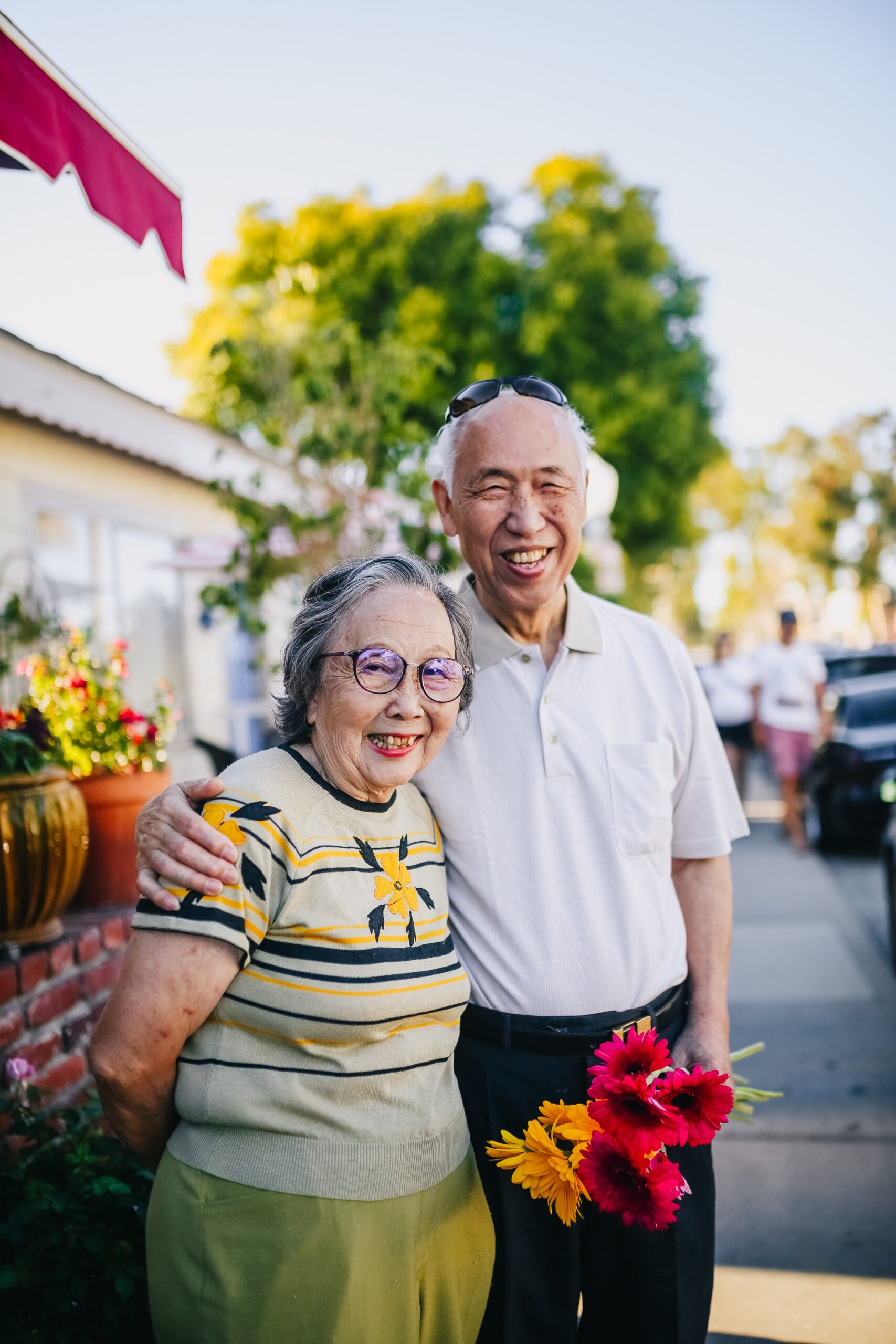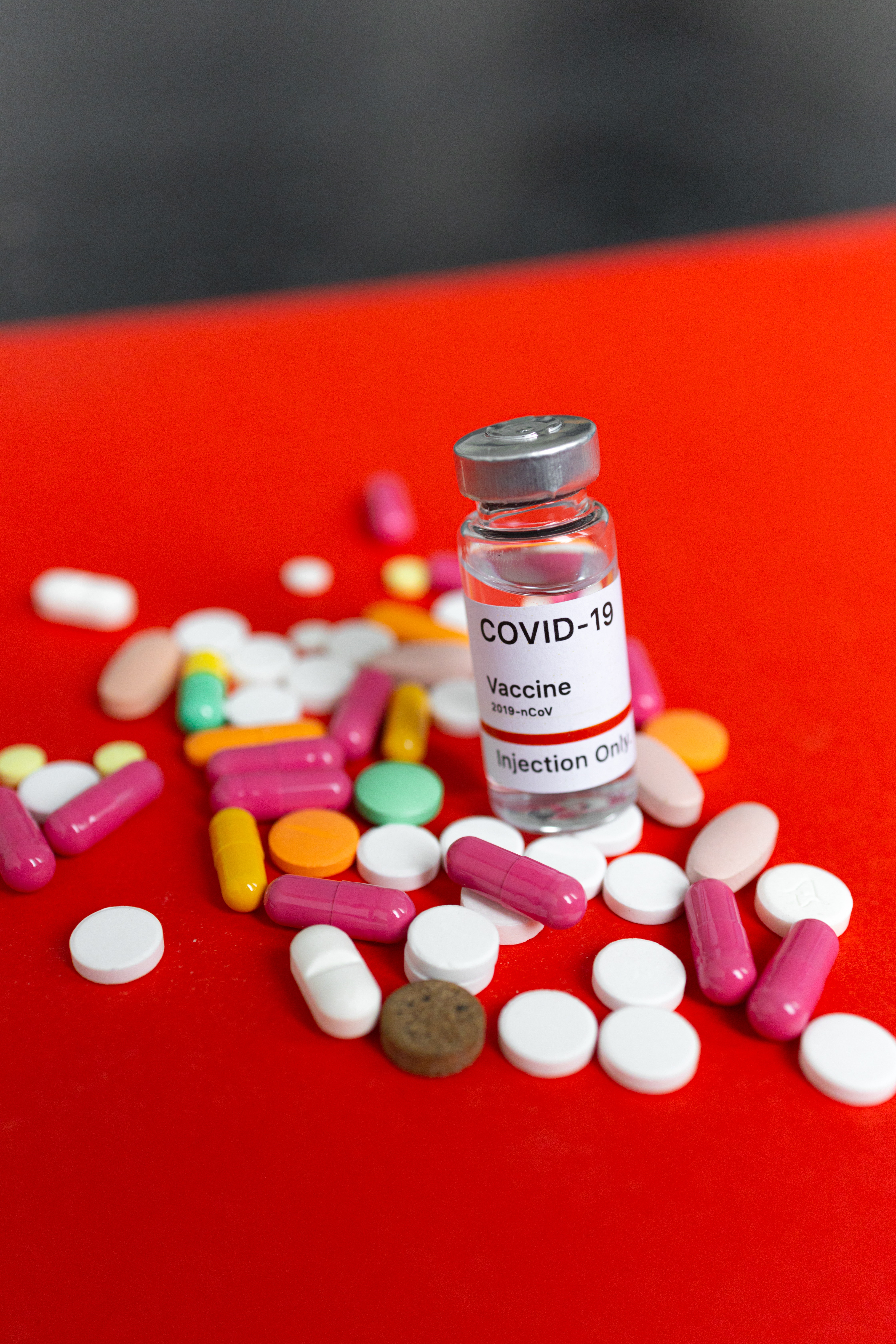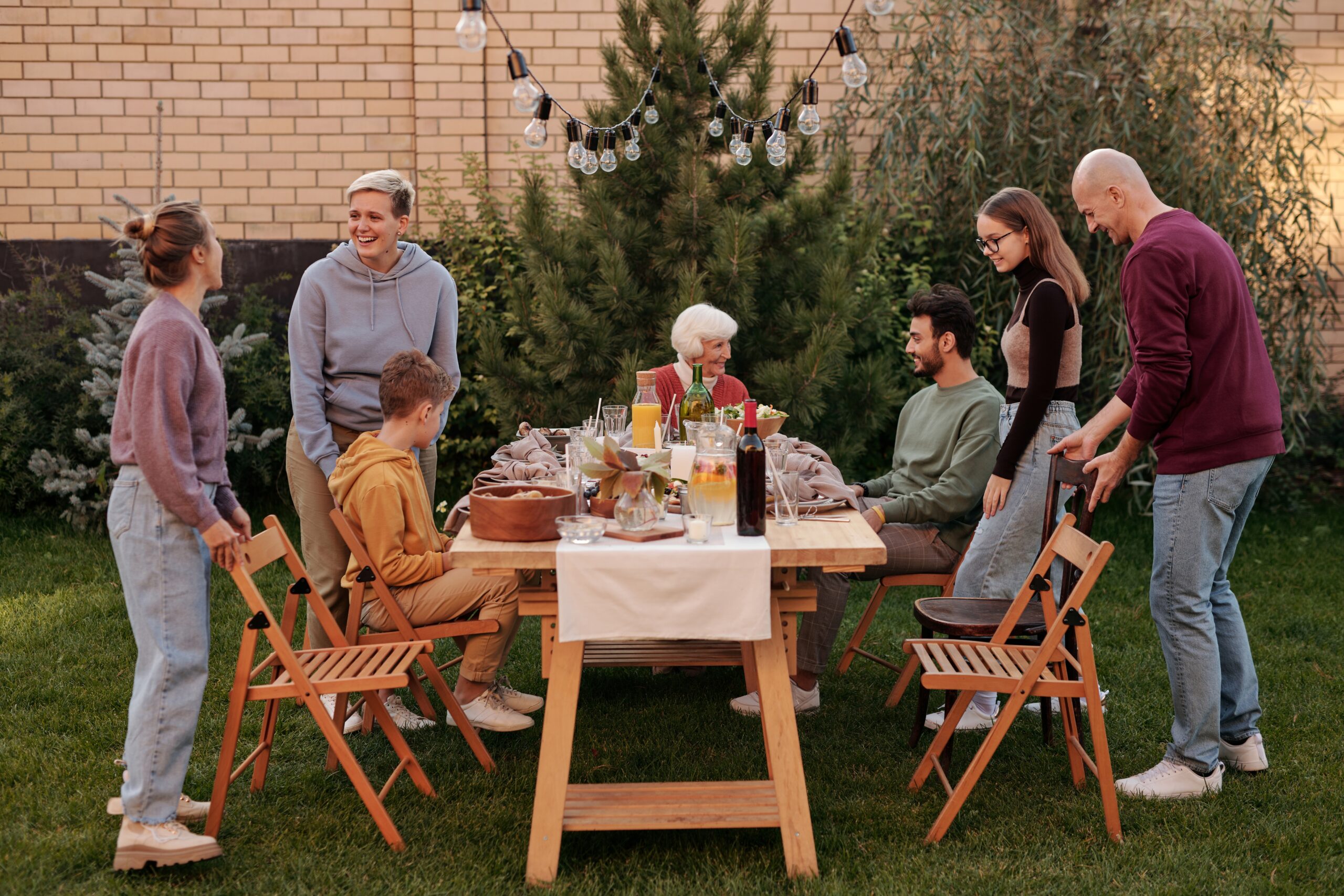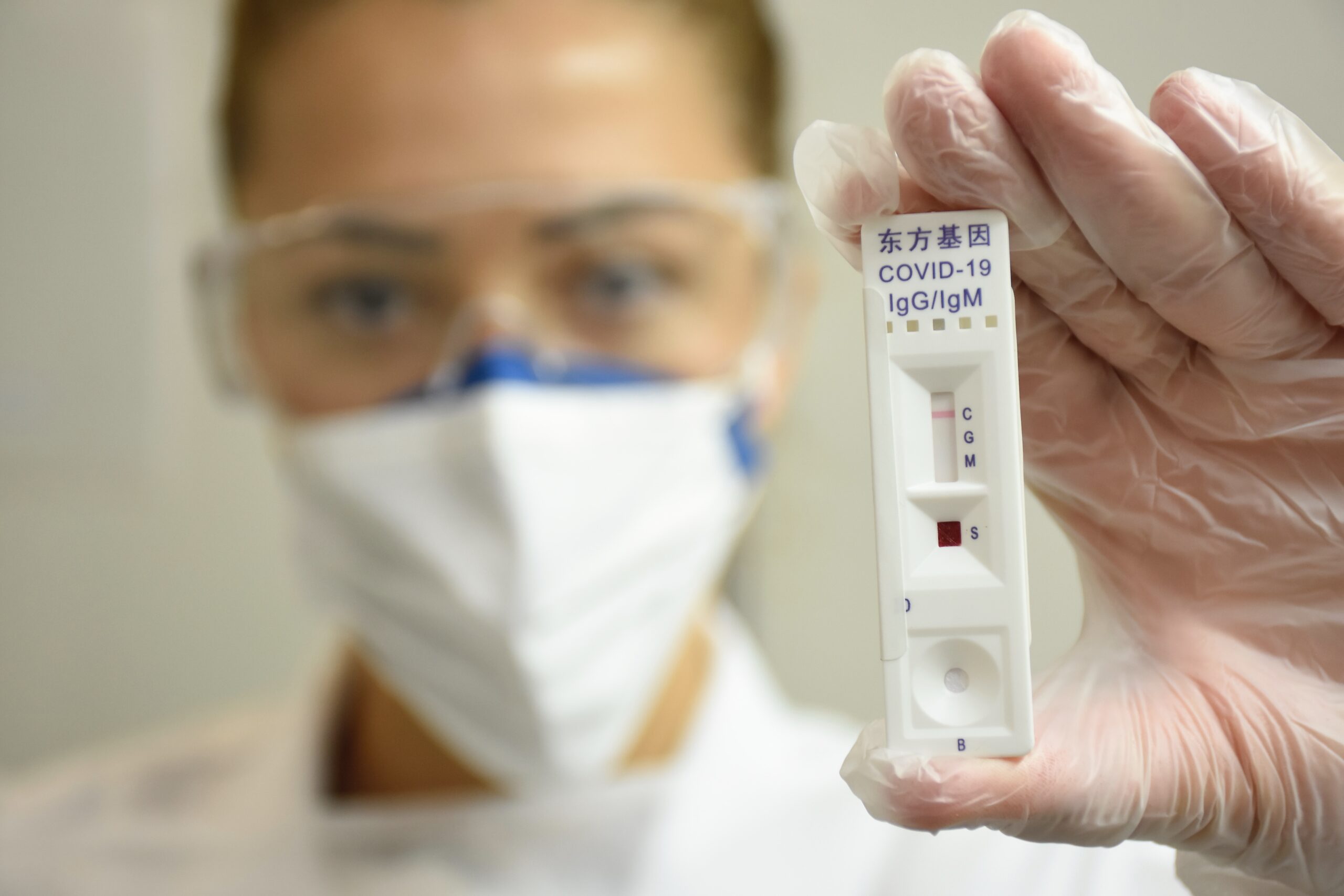
With the holiday season fast approaching, we are all wondering the same thing: can we travel and gather with the family safely? Or is it going to be like 2021 all over again? Remember, the highly-infectious Omicron variant that caused a rapid and severe worldwide surge that derailed and ruined many holiday celebrations?
(U.S. COVID-19 case derails many Americans’ holiday plans)
Or are we to believe President Biden’s recent bold declaration that the pandemic is over? Health experts were quick to react and express their disagreement. Even the president’s own senior health officials were surprised. Because one thing is clear: the pandemic is still very much here and, sorry to be a spoilsport, but experts are predicting another winter surge brought about by revenge travel, countries dropping COVID-19 restrictions, and cases already rising in Europe. Some experts even fear a new COVID-19 variant could emerge.
This year would be our third pandemic holiday season, and most people are on a quandary. Can we go back to the way we used to spend our holiday, or would another surge emerge? What’s the best way to approach this?
According to Everyday Health, we can approach it in a “cautiously optimistic way.” Here’s what they mean. If you have plans this holiday season, here’s how you can stay safe, according to experts.

If you’re immunocompromised or an elderly, reconsider your plans.
If you’re immunocompromised or an elderly individual, experts recommend you reconsider changing your plans to avoid crowded areas and countries with quality healthcare. Avoid going to locales with cold climates, as outbreaks tend to happen in indoor spaces with poor ventilation. If you must travel, opt for places with milder weather that will allow you to dine and spend more time outdoors.
Get your booster shot
If it’s been two months since your vaccine shot or your last booster shot, you can have another COVID-19 booster. If you recently had COVID-19, the CDC recommends waiting 90 days.
So if you’re planning a big trip or a family get-together, go ahead and get your booster. This is the best thing you can do stay safe and keep your love ones safe for the upcoming holiday season.

Stay home if you’re feeling sick
Not feeling well? As hard as it is (after all, who would want to nurse a fever while everyone else is having a ball?), the kindest thing you can do is to stay home. Consider it the best Christmas gift: sacrificing your fun for the sake of your loved ones’ health and well-being.
The guidance is clear on this: if you have symptoms of fever, sore throat, runny nose, cough, or headache, stay home until you’re feeling much better, or test negative for COVID-19.
Even if it’s the flu or RSV, assume it’s COVID-19.
Having a party? Stage it outdoors, and keep it short and sweet.
COVID-19 can spread anywhere. But the risk of infection is lower outdoors compared to indoor spaces. Keep your event short and sweet to minimize chances of infection.

Take extra precautions leading up to the event or holiday party.
You can do this by minimizing contact and staying home in the week leading up to the party. A day before the event, check up on all the guests. Make sure no one has symptoms or has had an exposure. Emphasize the life and death importance of honesty here.
Get tested as close to the date of gathering or party.
Getting tested adds another layer of protection. And what’s what we all want, to feel safe and keep everyone safe.
So when is the best time to get tested? If you’re feeling well and good, it’s best to get tested as close to the party time as possible. At-home rapid tests can show results in 15 minutes time. It can tell you with accuracy whether you’re contagious at that moment — very useful before giving grandma a hug.
If you’re traveling for the holidays, the CDC recommends testing 48 hours before your journey, and another test 48 hours after your arrival.
Now that we’re talking about flights…
Taking a plane or any kind of transportation for the holidays? At this point, you probably know public transportation is replete with germs. So even if it’s not required anymore, mask up, please. Wash your hands every so often, and keep a 1 meter distance from people as much as possible. If you’re traveling by car or bus, if you can, try to open a window to improve ventilation.

Take extra precautions to protect the most vulnerable in your group.
The elderly and the immunocompromised are the most vulnerable in your group. Think about them when making holiday plans. How will you create the best situation to guarantee their safety?
Dr. Purvi Parikh (interviewed by Everyday Health puts things in perspective when he said, “it’s like the saying – a chain is only as strong as the weakest link.”
Give them as much layers of protection for the holidays. And the best way you can do this is to not come if you’re not feeling well, get your booster shot, take COVID-19 antigen or PCR tests, hold the Christmas dinner outdoors, improve ventilation, and keep the guest list tight and intimate, the program short and sweet.
It’s a long list and requires exhaustive effort for sure. But perhaps, in a pandemic, this is the best we can do to mitigate the risk, while still being able to spend the holidays with the people we love, and would like most to protect from COVID-19.
Tags



0 Comments